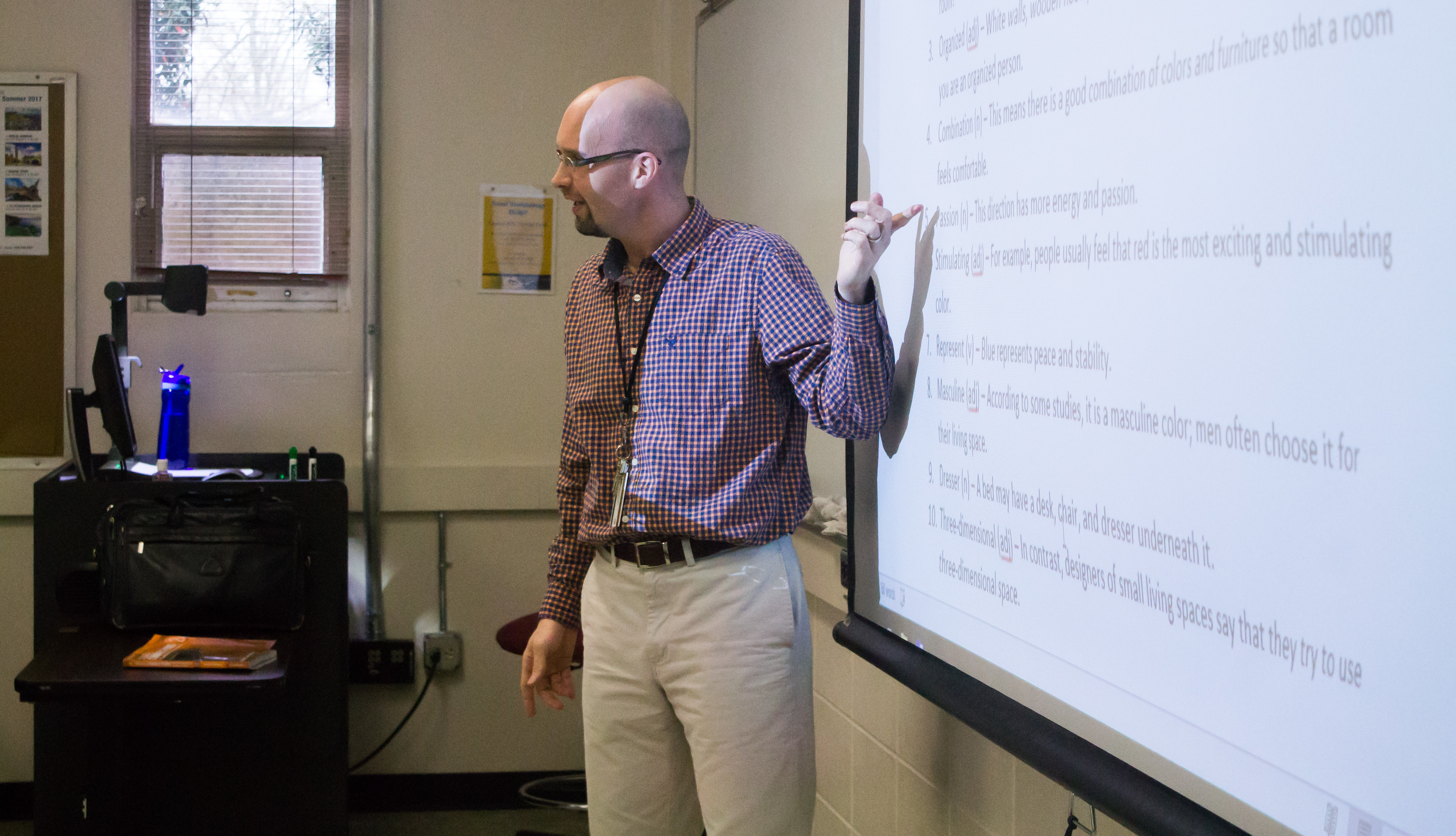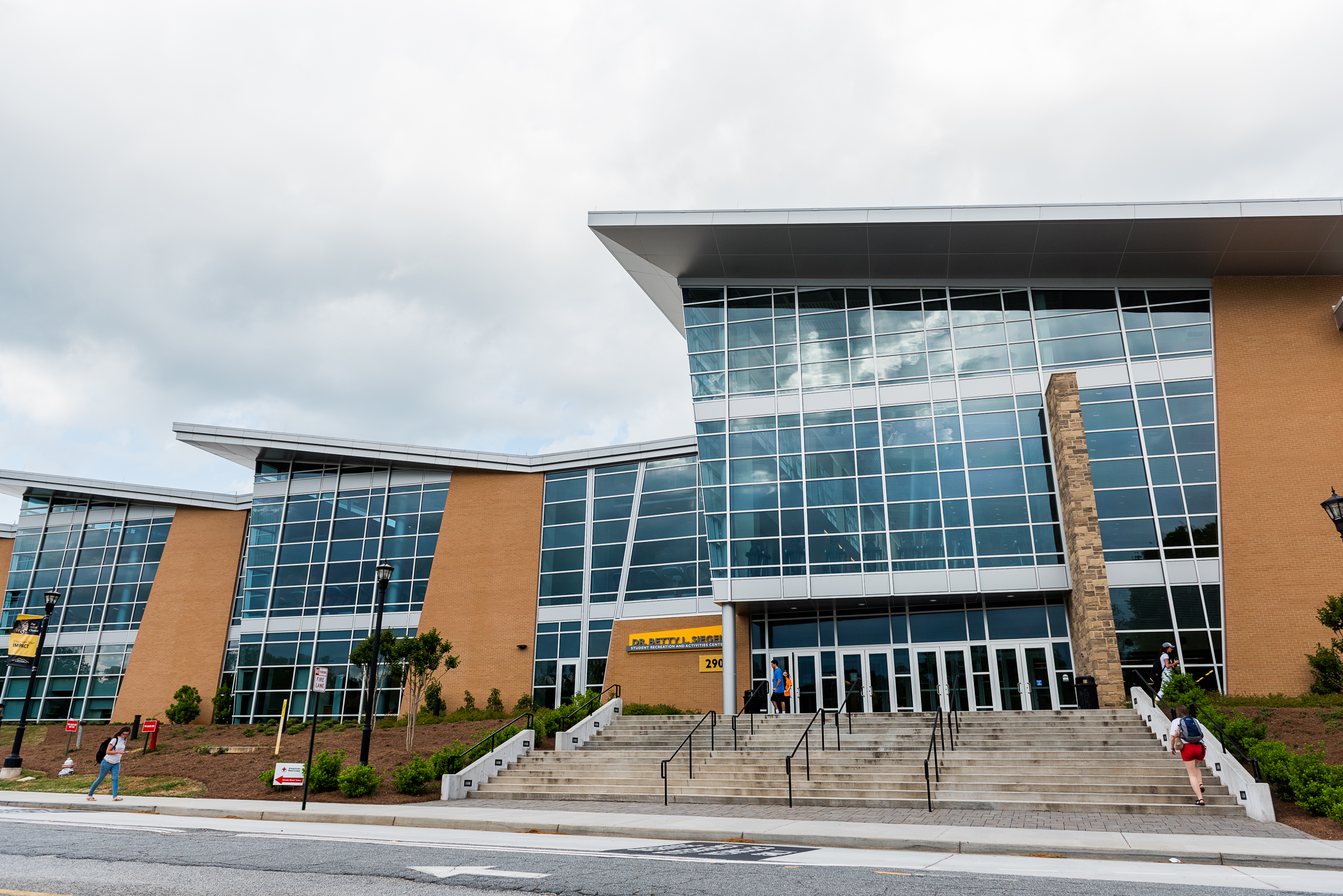The deans of each college should conduct classroom observations to hold professors accountable or, if time is limited, appoint an administrative board to conduct said observations.
Some professors waste hours of valuable class time with rants about things that are irrelevant to the subject at hand, can be unorganized, difficult to reach or may be dedicated to the topic but explain things in a convoluted manner. Students who get stuck with these professors suffer academically because they miss critical information.
The problem is worsened if the professor teaches a class that acts as a prerequisite because students who took their class will be less prepared for the upcoming classes. Simply put, students can’t build on information they were never taught.
Some professors are overly political, while others can be insensitive to cultural differences. In one instance, I watched a professor ask a student of color where they were from — this student was the only one asked. After replying that they were born and raised in Woodstock, Georgia, the professor responded with, “No, but where are you from?”
In another instance, I had a professor casually bring up “Rocky Horror Picture Show” and directly call me out, saying, “Come on, I know you’ve seen it,” making the assumption based on my queer appearance.
Currently, students can take the same exact class with different professors and have completely different experiences. While diversity and variety in teaching backgrounds and styles are useful, differences between professors can become hindrances to the academic experience of their students.
If the deans of each college conducted random classroom observations, it would help resolve these issues and help ensure a level playing field across the college by making the expectations for a class the same no matter who teaches it.
“Professors should be held to the same expectations as public school teachers, especially since college students pay so much more money,” said Carson Jenkins, a junior communication major at KSU.
While all of the aforementioned issues can be addressed in teacher evaluations by students, the evaluations are not credible enough to provide insight into a professor’s teaching methods and abilities.
According to Andrea Helaine of Classroom Synonym, “Classroom observation can make educators more aware of how they behave in the classroom and of the needs of students in their classroom, and can also stimulate dialogue and discussion.”
Cristi Alberino, a researcher at the University of Pennsylvania’s Graduate School of Education told Education World, “I think that I learn more from observation than from any other kind of professional development.”
“Reading about a particular instructional theory does not mean it can be easily applied. Observation brings actual practice to the forefront,” Alberino added.
When teaching styles and lessons vary so much that students receive different experiences, the university should take responsibility for staff. Placing administrators in classrooms to observe professors would hold professors accountable to both the curriculum and the code of ethics.



